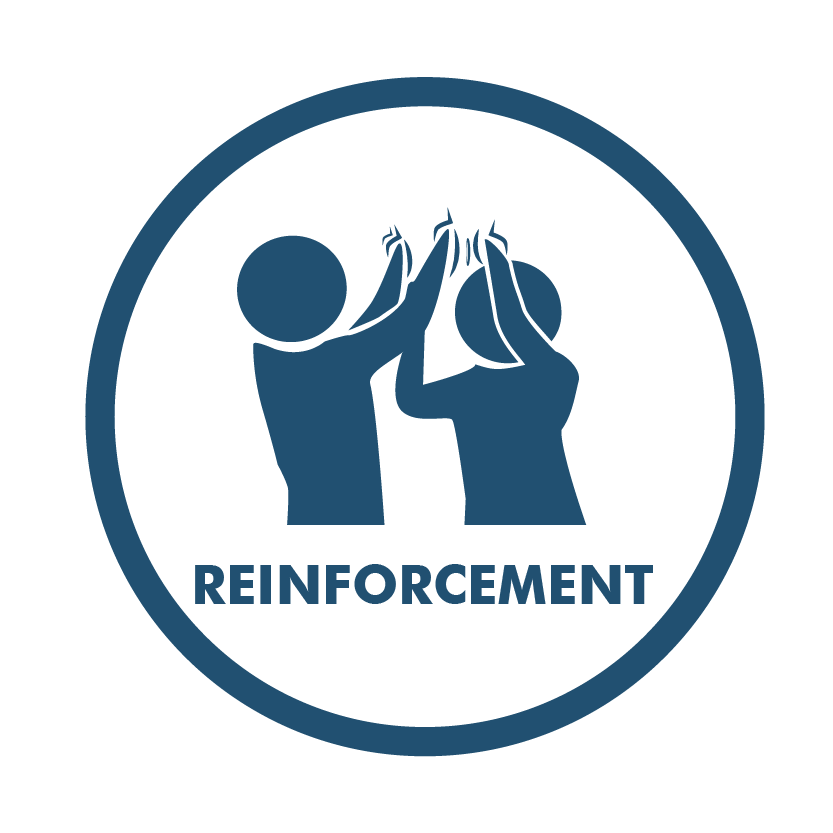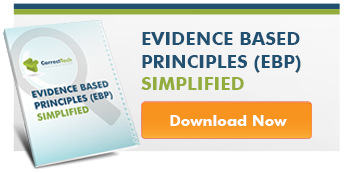This is the 11th of a 12 part series on Evidence Based Principles. Subscribe to our blog and get this series and the upcoming Risk Principle Simplified series delivered right to your inbox.
Principle 7: Measure Relevant Processes/Practices
Last year in a Wall Street Journal article, Microsoft co-founder Bill Gates discussed some of the most important lessons learned in his work with the Bill and Melinda Gates Foundation in developing countries. He explained, “In the past year, I have been struck by how important measurement is to improving the human condition. You can achieve incredible progress if you set a clear goal and find a measure that will drive progress toward that goal.”
I know of no industry with such hard working, patient people as community corrections. This relatively small, but growing, community is full of people that still believe they can save the world like Mr. Gates. Work ethic and heart keep offenders on the right track, bring families back together, assist mentally ill offenders with the management of their medications and enhance public safety daily. That is the good news. The bad news is that we do not do an adequate job of measuring. The worse news: In some cases, the measurements actually exist, but it is nobody’s job to compile and interpret the data.
Read More






